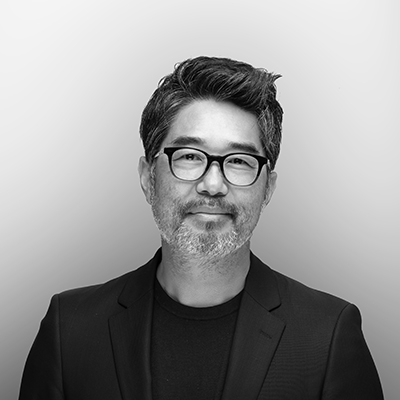본문
Network Ties, Upward Status Heterophily, and Unanticipated Health Consequences

by Prof. Harris Hyun-soo Kim
Department of Sociology
PURE Research Profile
harrishkim@ewha.ac.kr
Professor Harris Hyun-soo Kim’s article entitled “Network ties, upward status heterophily, and unanticipated health consequences” was recently published in Journal of Health and Social Behavior, an official journal of the American Sociological Association. Along with his coauthor ChangHwan Kim (University of Kansas), he analyzed the East Asian Social Survey consisting of nationally representative data across China, Japan, Korea, and Taiwan to show the relationship between social networks and health outcomes. Contrary to the conventional (social resource) argument in the literature, they find that network ties can have negative, albeit unintended, consequences. Using alternative model specifications, they demonstrate that their findings are robust
More specifically, using cross-national data containing information on the perceived status rank of network alters, this study investigates the potential negative effects of “status heterophily,” i.e., social interaction with socially more superior others. According to the mainstream view, access to and interaction with high-status others can provide certain advantages and benefits that can ultimately improve one’s health. Against this theoretical backdrop, their study shows that ties to those positioned higher on the social hierarchy are associated with poor physical health and lower subjective wellbeing., while conditioning on a host of confounders across individual and contextual (country) levels of analysis. They also find that the focal relationship varies across individual and contextual moderators. For subjective wellbeing only, it is weaker among people who are better educated, have a larger non-kin network size, and possess higher levels of self-efficacy. Moreover, there is a cross-level interaction: for both outcomes, the association is more pronounced in subnational regions that are economically more unequal, i.e., with higher Gini coefficients.
This study has important empirical and theoretical implications for the literature of the social determinants of health. Empirically, in contrast to the social resource perspective, it is shown that interpersonal relations may entail a cost in the form of compromised health outcomes. The central mechanism proposed is upward social comparison, which can lead to feelings of relative deprivation with health-damaging implications. Theoretically, this study adds to the emerging scholarship highlighting the ‘dark side of social capital.’ That is, while one’s social contacts can be salubrious, they can also be deleterious via unfavorable social comparison. Professor Kim’s research is one of the first to highlight this double-edged nature of social capital using population-based data across multiple countries. It points to several directions for future research including whether similar findings can be replicated in a western cultural context, as well as the need for the use of panel data for better causal identification.
* Related Article
ChangHwan Kim, Harris Hyun-soo Kim, Network Ties, Upward Status Heterophily, and Unanticipated Health Consequences, Journal of Health and Social Behavior, Vol. 64(2), 313–332, March 2023